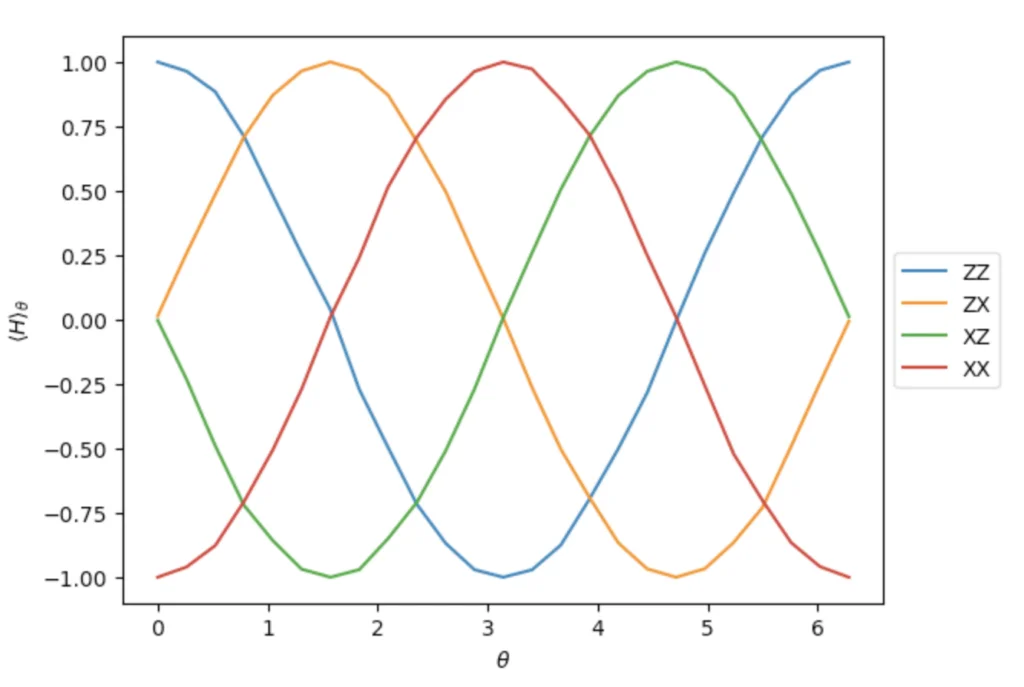Insider Brief
- The Business Software Alliance is urging Congress to reauthorize and expand the National Quantum Initiative Act to keep the U.S. competitive in the global race to deploy quantum technologies.
- In a letter to lawmakers, BSA warned that other countries are moving beyond research toward commercialization and national security uses, calling for a federal Special Coordinator for Quantum Leadership.
- The group emphasized a “whole-of-nation” strategy to integrate quantum tech into the economy, train a skilled workforce, and build resilient supply chains to support industry adoption.
A top software industry group is warning that the U.S. risks falling behind in the global quantum race unless Congress reauthorizes the National Quantum Initiative Act and expands its scope to support commercialization. The organization joins a number of government and business groups advocating for the legislation as global efforts to tap quantum applications for practical purposes heats up.
In a letter to Senate and House leaders, the Business Software Alliance (BSA) called on lawmakers to not only renew the National Quantum Initiative Act (NQIA), first passed in 2018, but to strengthen it with new provisions that reflect the changing international quantum landscape.
“Since its passage in 2018, the NQIA has played an integral role in the acceleration of quantum research and development. However, with the Act’s expiration, America risks losing this momentum and ceding ground to our adversaries in the race for the quantum future.” wrote Aaron Cooper, BSA’s Senior Vice President of Global Policy.

The NQIA was designed to organize and fund quantum research across federal agencies and establish research centers in quantum information science. While the law helped accelerate basic science, BSA argues there is more to do. The next phase must focus on economic impact, security application and workforce readiness, the letter stated.
Focus on Deployment
The letter marks an evolution from early discussions around quantum technology, which centered largely on long-term scientific discovery, to actual development of the technology for practical — and strategic — purposes. BSA, whose members include leading firms in artificial intelligence, cybersecurity and cloud computing, said other countries have begun to move from research to deployment — and the U.S. must follow.
“In the seven years since passage of the NQIA, other countries have begun developing and implementing quantum strategies that move beyond science, research, and development and increasingly focus on economic and national security, commercialization, and deployment,” the letter states. “In order to continue to compete, we must build on investments in research and development to also commercialize quantum technologies and deploy them throughout our economy through a coordinated, whole-of-nation approach that delivers value for citizens and customers.”
BSA is advocating for the creation of a Special Coordinator for Quantum Leadership, a new role within the federal government to oversee a coordinated, cross-sector strategy. This official would work across economic, national security, and scientific agencies to streamline support for quantum businesses and build resilient supply chains.
A Whole-of-Nation Strategy
The group’s proposal hinges on what it calls a “whole-of-nation approach”—a policy term implying collaboration across government, private sector, and academia. BSA sees this as essential for making quantum technology useful to ordinary businesses and securing national infrastructure.
“Winning the quantum race will require not only a reauthorization of the NQIA but also new provisions that build on this proven framework to ensure America leads not only in research and development but in commercialization and deployment,” Cooper wrote.
The group emphasized support for businesses developing secure quantum products and services that could benefit U.S. government agencies and commercial users alike. They also called for national-level planning to train workers and build domestic sources for hardware components and other quantum inputs.
Implications for Industry
Quantum computing, still in its early stages, but the potential applications range from materials science and logistics to finance and cryptography. Yet current systems are error-prone and small in scale, limiting their utility.
The global context, however, which now includes the strategic advantages of quantum — including national defense and national security — has changed, prompting more interest in the technology. China, the EU, and other countries have launched national quantum strategies that pair science funding with aggressive moves to translate research into market-ready systems. Without a similar pivot, these advocates say, U.S. companies may struggle to compete.
BSA’s letter did not specify funding levels but pointed to the need for continued investment. Earlier this year, other trade groups and scientists also urged lawmakers to double federal quantum funding in fiscal year 2026, citing flat allocations in the Biden administration’s budget request.
Looking Ahead
Congressional leaders are expected to take up reauthorization of the NQIA later this year. Lawmakers from both parties have expressed interest in expanding its scope, with some pushing for a larger focus on national security and defense applications of quantum systems.
If BSA’s recommendations are adopted, the next version of the NQIA would mark a significant expansion of U.S. quantum policy, from a research-focused law to a national competitiveness strategy.
“The winners of the quantum race will be the countries, businesses, and communities that are able to deploy these technologies and deliver value for citizens and customers,” the letter concludes. “America needs to continue investing in the effort set forth in the NQIA while also driving commercialization and deployment,
through a coordinated, whole-of-nation approach.”














